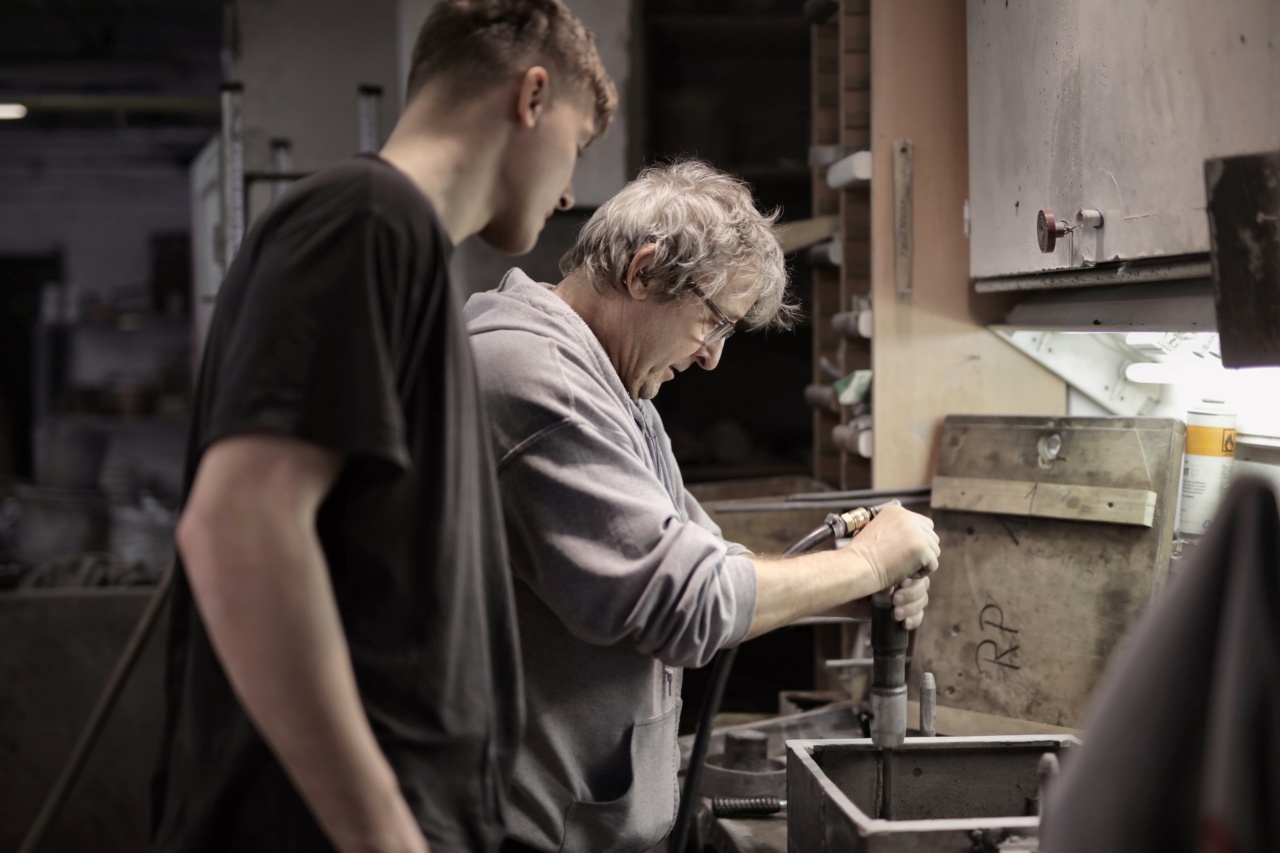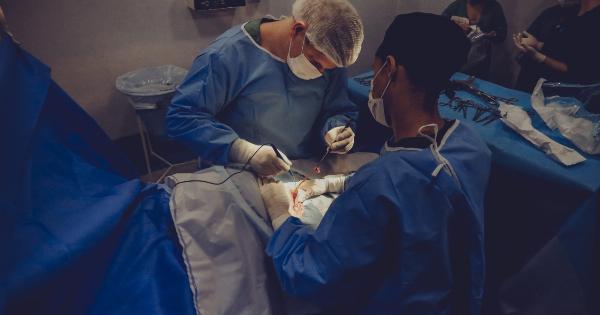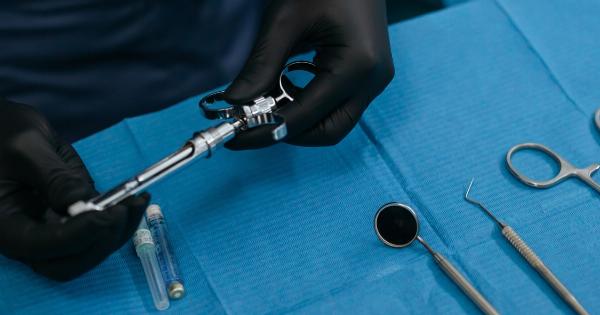Undergoing surgery can be a daunting experience, and the recovery process is just as crucial as the procedure itself.
While most surgeries go smoothly with minimal complications, it’s important to be aware of potential post-operative complications that may arise. Understanding what to look out for can help you identify and seek appropriate medical attention if needed. Here are some common post-operative complications to be mindful of:.
1. Infection
Infection is one of the most prevalent post-operative complications. Surgical sites are susceptible to bacterial contamination, which can lead to infection.
Symptoms include increased pain, redness, swelling, warmth, and discharge around the incision site. If you notice any signs of infection, it’s crucial to seek immediate medical attention to prevent the infection from spreading.
2. Deep Vein Thrombosis (DVT)
DVT refers to the formation of blood clots in deep veins, typically in the legs. After surgery, the risk of developing DVT increases due to decreased mobility and changes in blood flow.
Symptoms of DVT may include pain, swelling, warmth, and redness in the affected area. If you experience any of these signs, it’s essential to contact your healthcare provider promptly to prevent complications such as pulmonary embolism.
3. Pulmonary Embolism (PE)
Pulmonary embolism occurs when a blood clot travels to the lungs, leading to a potentially life-threatening condition.
Common signs to watch out for include sudden shortness of breath, chest pain, rapid breathing, coughing up blood, and an increased heart rate. If you experience any of these symptoms, it’s crucial to seek immediate medical attention.
4. Wound Dehiscence
Wound dehiscence refers to the separation or reopening of a surgical wound. Factors such as excessive strain, infection, or inadequate wound healing can contribute to this complication.
If you observe any signs of wound dehiscence, such as the wound edges coming apart or increased drainage, it’s crucial to contact your surgeon promptly.
5. Adverse Reactions to Anesthesia
Anesthesia plays a vital role in many surgical procedures, but occasionally, individuals may experience adverse reactions. Common symptoms of such reactions include confusion, dizziness, nausea, vomiting, itching, or difficulty breathing.
If you encounter any of these symptoms, it’s important to inform your healthcare provider immediately.
6. Urinary Tract Infection (UTI)
UTIs can occur after surgery, especially when urinary catheters are used. Symptoms include pain or a burning sensation during urination, increased frequency of urination, cloudy or bloody urine, and abdominal pain.
If you suspect a UTI, it’s essential to consult your healthcare provider for proper diagnosis and treatment.
7. Constipation
Post-operative anesthesia, limited mobility, and the use of pain medications can contribute to constipation. It’s important to maintain a balanced diet and stay adequately hydrated to prevent constipation.
If constipation persists or becomes severe, it’s advisable to seek medical advice for appropriate management.
8. Hematoma
A hematoma refers to a collection of blood outside the blood vessels, typically forming a clot. It can arise due to bleeding after surgery. Symptoms include swelling, pain, and warmth at the surgical site.
If you notice these signs, it’s important to inform your healthcare provider for further evaluation and treatment.
9. Respiratory Complications
Some surgeries, particularly those involving the chest or abdomen, may increase the risk of respiratory complications. This can include conditions such as atelectasis (collapsed lung), pneumonia, or respiratory distress.
Symptoms may include shortness of breath, chest pain, coughing, or difficulty breathing. If you experience any respiratory issues, it’s crucial to notify your healthcare provider immediately.
10. Delayed Healing
Delayed wound healing may occur in some individuals. Factors such as poor circulation, infection, nutritional deficiencies, and certain medical conditions can contribute to this complication.
If you notice that your incision site is not healing as expected or showing signs of infection, it’s important to seek medical advice for proper evaluation and management.
While these are common post-operative complications, it’s important to remember that each individual’s experience may vary.
However, staying vigilant and being aware of potential complications can help you take timely action and prevent further harm.




























